
Editorial | Dec 04,2021
Melat Yohannes is the fictitious name of a senior studying computer science at Gondar University. She has not attended her classes at the university since last Thursday, November 22, 2018, when an altercation between students broke out and resulted in injuries.
Many students have already started attending classes and the tension has calmed down since the event of the week before. But she has chosen to wait and take stock of the situation for a few days before starting class.
“We have been told that a meeting will be held between students, the management and officials from the Ministry of Science & Higher Education,” she said.
Meetings to address tensions in communities and towns have been a recurrent theme across the country for the past six months. Unrest in the country have left nearly 2.4 million people internally displaced, with over a million displaced during the first half of this year. This level of dislocation within this time period is considered to be the highest in the world.
Before the beginning of the academic year, the thinking was that political unrests and associated violence will abate and that institutions of higher education will be safe for students to start the academic year. But this has not been the case across the 41 public universities that are expected to take in around 149,000 this year. These public institutions consume the lion's share, or 26pc, of the country’s Gross Domestic Product allocated yearly.
This problem is not confined to Gondar University but has been observed at Assosa and Mizan Teppi universities.
The President of Mizan Teppi University, Faris Delil (PhD), recalls how they were struggling to complete the summer courses with blocked roads and shortages of food supplies at the Teppi Campus.
Students fleeing away disturbances from an unidentified university campus.
The University’s other campus, Mizan Aman is north located approximately 50Km south of Teppi. At this campus, the education program has been going on peacefully.
“We already started class in September,” said a third-year student of public health at the main campus who requested anonymity. “But students of other departments such as agriculture and business only started in mid-November.”
Even though the main campus has been peaceful, some parents have refused to send their students due to the fear of violence.
“Five students in the public health department and about 12 students in the pharmacy school did not show up for class,” the public health student said.
About 90pc of students have returned, leaving nearly 200 freshman students that have not yet registered. However, the president stresses that this is not out of the ordinary as a similar number of dropouts and students choose not to register for reasons of inconvenience or due to selecting other educational opportunities.
The president went to Hawassa to discuss with officials of the Southern Nations Nationalities & Peoples Regional (SNNPR) State about ways to reduce tension, address the problems and learn how the process can be continued smoothly.
“The management of the university has also been discussing the issue with higher officials at the Ministry of Science & Higher Education,” he says.
The disruption of the academic year has been of concern to the university management, students and the community. At the start of the academic year, community elders and residents of the towns welcomed students returning from their homes at the gates of the University’s campus.
A similar problem occurred at Asossa University when disputes broke out on November 18, 2018, that led to the death of three students and injuries for 34 others, according to Hirut Woldemariam (PhD), minister of Science & Higher Education.
University properties were also damaged and students walked off the campus to go back to their homes or stayed in rented places in town.
After rumors of the unrest spread about non-students using fake identification cards, the university started issuing temporary cards to students.
“The violence was instigated by forces that want to harm the ongoing reform and want to disrupt the education system,” Hirut told a media gathering on November 21, 2018.
The Minister told the media that she would lead a team to travel to the university in an attempt to calm the situation.
The damage to university properties at Assosa University stood at 3.4 million Br. Damaged doors, windows, dormitories and cafeterias are now under repair. Currently, more than half of the 8,253 students of the University have returned to classes.
“The unrest does not involve demands about academic affairs but is rather political in nature,” said Samuel Kifle (PhD), state minister of Science & Education. “We have yet to find concrete reasons behind the conflicts. There is a possibility that some are sowing the seeds of unrest.”
Discussions between students, staff and officials of the ministry are underway at every institution that experienced recent unrest.
Unrest at institutions of higher education are nothing new. The three quarters of a century old Addis Abeba University was the focal point of political protests during the late 1960s and early 1970s, with many political leaders of the post-1991 period coming out of that student movement.
Additionally, there have been protests at universities during the unrest of the past three years that have impacted the education process.
“There were political uprisings at universities many times before but most raised national agenda items,” according to Yacob Arsano, a lecturer and researcher in conflict resolution for more than a decade at Addis Abeba University. He stressed that the conflicts should not continue unabated.
The independence of universities has been compromised, leading to the politicisation of campuses and influencing the current tensions at the schools, according to Yacob.
“Discussions should be held between the government and the people to reach an understanding that universities should regain their independence,” he says. “The assignment of professors, board members and management staff should be based on merit and competence.”
PUBLISHED ON
Dec 05,2018 [ VOL
19 , NO
971]

Editorial | Dec 04,2021

My Opinion | Feb 16,2019
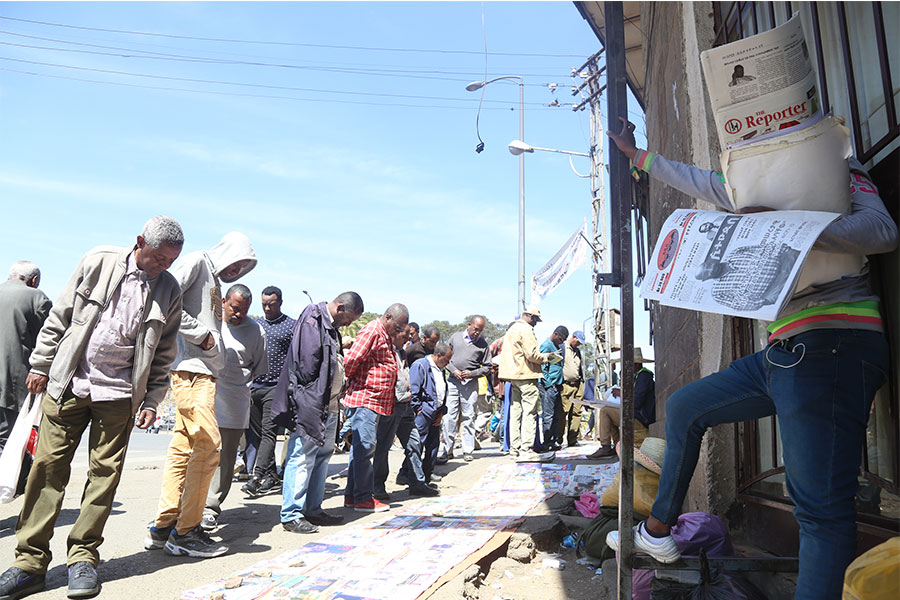
Agenda | Dec 19,2018

Editorial | Sep 06,2020

Editorial | Sep 14,2024
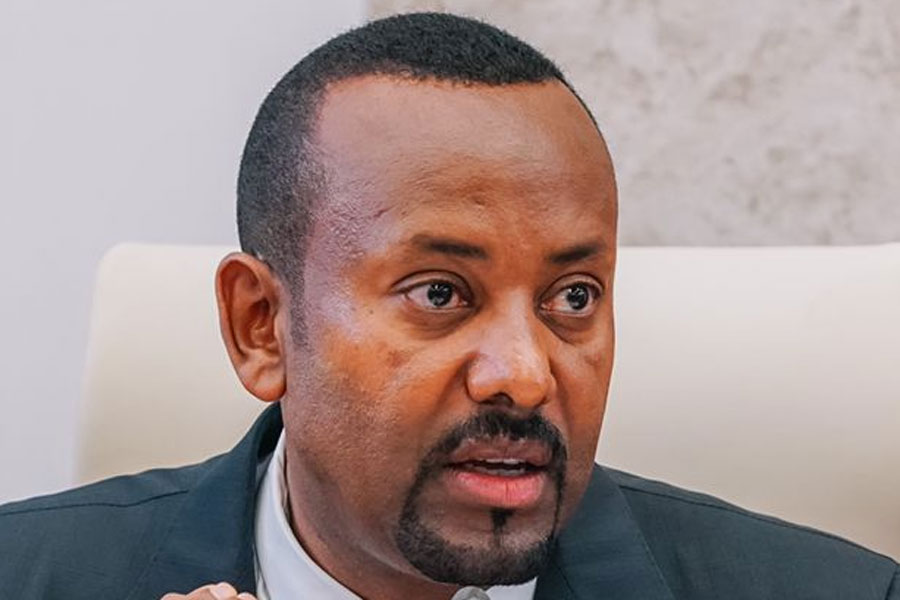
Verbatim | Jan 07,2023

Radar | Jun 12,2023
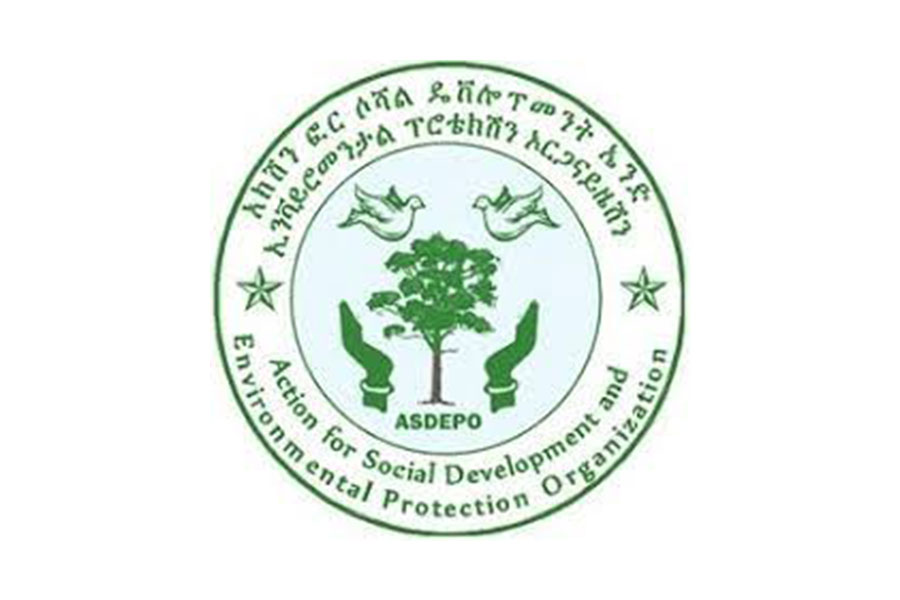
Sponsored Contents | Sep 26,2021
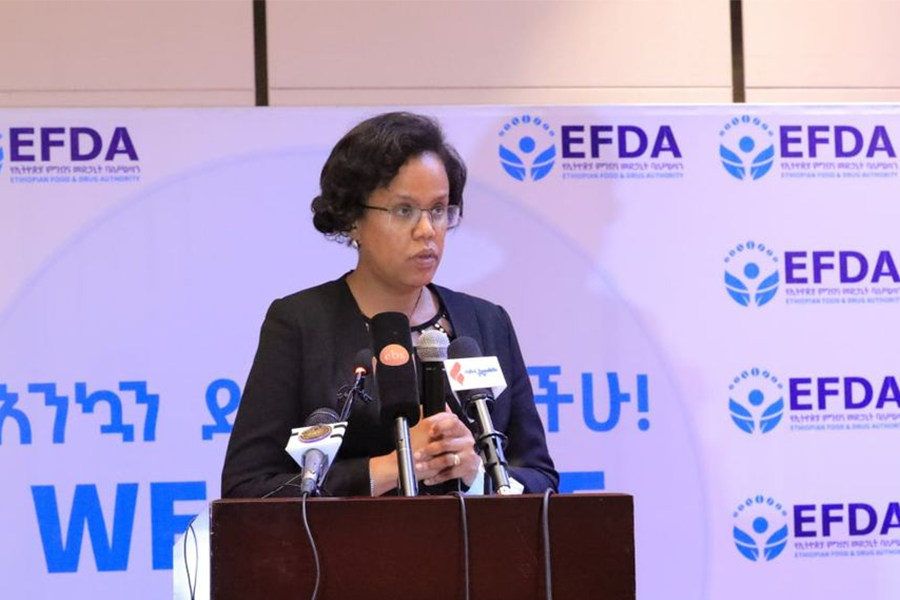
Fortune News | Oct 21,2024
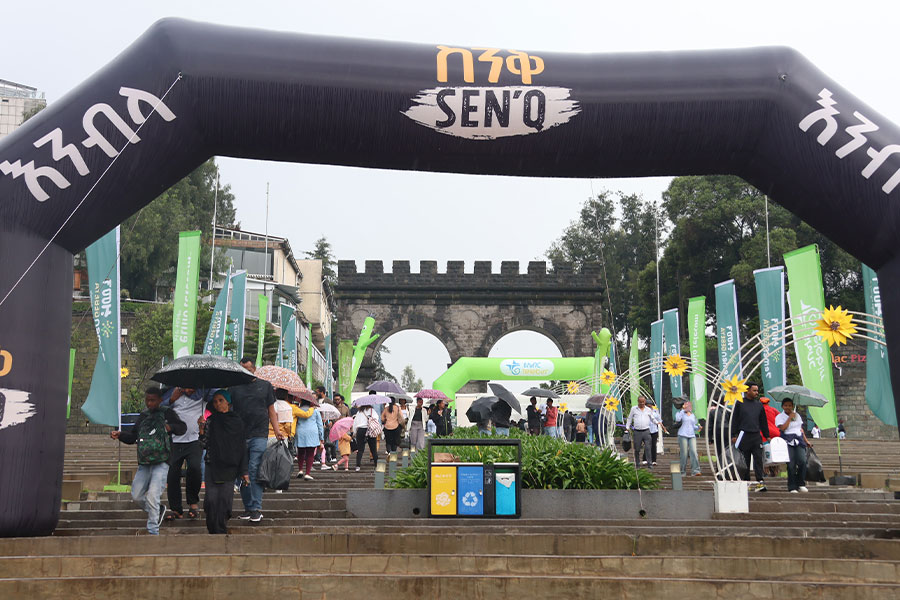
Featured | Sep 07,2025

Dec 22 , 2024 . By TIZITA SHEWAFERAW
Charged with transforming colossal state-owned enterprises into modern and competitiv...

Aug 18 , 2024 . By AKSAH ITALO
Although predictable Yonas Zerihun's job in the ride-hailing service is not immune to...

Jul 28 , 2024 . By TIZITA SHEWAFERAW
Unhabitual, perhaps too many, Samuel Gebreyohannes, 38, used to occasionally enjoy a couple of beers at breakfast. However, he recently swit...

Jul 13 , 2024 . By AKSAH ITALO
Investors who rely on tractors, trucks, and field vehicles for commuting, transporting commodities, and f...

Nov 1 , 2025
The National Bank of Ethiopia (NBE) issued a statement two weeks ago that appeared to...

Oct 25 , 2025
The regulatory machinery is on overdrive. In only two years, no fewer than 35 new pro...

Oct 18 , 2025
The political establishment, notably the ruling party and its top brass, has become p...

Oct 11 , 2025
Ladislas Farago, a roving Associated Press (AP) correspondent, arrived in Ethiopia in...